On his third solo album, the New York producer finally proves he’s a proficient rapper, but his audacious beats take a backseat in the process.
Pi’erre Bourne is a producer first, even if he won’t admit that. On the deluxe edition of The Life of Pi’erre 4, released in 2020, none of the words he rapped through a glaze of Auto-Tune mattered as much as the dreamy synths or the hypnotic overload of producer tags. The beats powered that project, but that’s not the only thing that Pi’erre wants you to focus on. Since he first emerged in the mainstream landscape with lush productions for Playboi Carti’s 2017 self-titled mixtape, he’s been on a mission to have his raps taken just as seriously. On Good Movie, he accomplishes that by stripping away some of the flavor of his instrumentals and shifting attention to what he’s saying. It mostly works out—he’s a pretty good rapper, but softening his production isn’t entirely worth it.
It’s not that Pi’erre is masterfully technical all of a sudden; there’s no flow that will blow you away, and if you single out a punchline or two, you’ll probably burst out laughing. But he makes up for that deficit by giving the project a strong narrative pulse. This is a breakup album, or maybe an album about wanting to fall in love after a breakup. Before this record, his lyrics felt strung-together and goofy. But on Good Movie, there’s a point when he outdoes himself; some lines are astonishingly inane.
Throughout the album, he bounces between wistfulness and bitterness, reflecting on minute details and fond memories of a relationship, like when his girlfriend got her hair and nails done. It’s music that is less interested in big arguments between partners, and more in the moments that come before and after them. “Where You Going” is a formal breakup song, but there’s no melodrama. Instead, he lilts about the slow deterioration of his connection with a past fling. Over a downtempo, spaced-out groove on “Love Drills,” the writing is simple but effective: “All the love we had, now we need our space.” Unlike the vast majority of post-Future melodic heartbreak rap ballads, there’s hardly any straightforward wails here—you know, complaints along the lines of, “Oh, I’m in so much pain” or “Fuck my ex.” Refreshingly, Pi’erre’s melancholy is a bit more subtle and muddled.
Meanwhile, the beats are solid: They are soothing, sweet, and build slowly to their climaxes, even if they are too clean at times. What is a Pi’erre Bourne album with tempered production? It’s like a Spike Lee movie that’s only mildly angry, or a Kevin Durant game where he passes on pull ups. Brash and busy yet sweet production is his thing. The jam-packed beats of the deluxe edition of TLOP4 too often buried his raps, but that organized chaos is missing here. “Shorty Diary” is begging for some glitchiness; the dance cut “What You Gotta Do” is too elementary. The flattened drum’n’bass rhythm on “DJ in the Car” is only saved by his lovelorn Auto-Tune croons going full Zapp and Roger on “Computer Love” at the song’s end. When the production is dry and there are too many lulls, the album struggles to sustain the energy, especially since the beats bleed into one another, as if the whole project were a single, never-ending song.
There might be more vocal high points than production ones on Good Movie. Pi’erre’s hook on “Kingdom Hall” is so bad it’s good: “She pop up at my place, Jehovah’s Witness,” he coos, his voice drenched in waves of reverb, resembling K-Ci and JoJo’s “Crazy.” On “Kevin Heart,” romantic troubles lead to some of his catchiest and most heart-wrenching riffing.
But Pi’erre has proven he can do so much more on the production side, an ambition that he just doesn’t demonstrate as often here. The saccharine melody on “System” is overpowering, but his opening lyrics about nostalgically scrolling through an ex’s Instagram are strong enough to stand on their own. The fluttering layers of “Hop in the Bed” push his croons to the background, but the mood doesn’t suffer. The twinkling keys and woozy synths of “Ex Factor” tell a better love-drunk story than the lyrics do. Too often, his beats aren’t this alive. He may have proved his rapping is worthy of attention, but to get there, he had to hold back his singular vision as a producer.

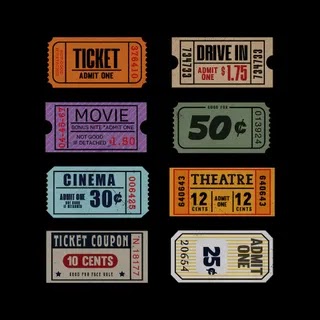

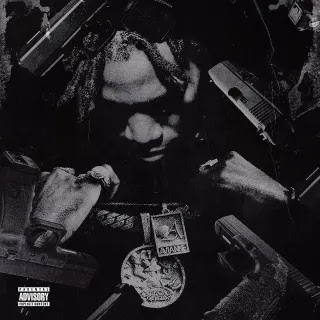
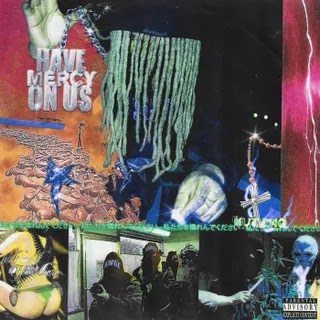
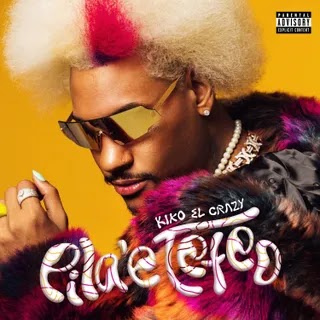
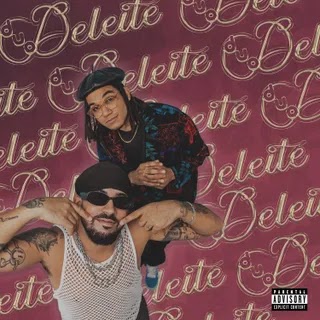
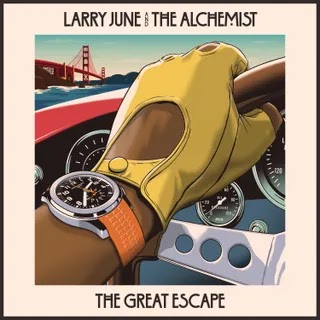








0 comments:
Post a Comment